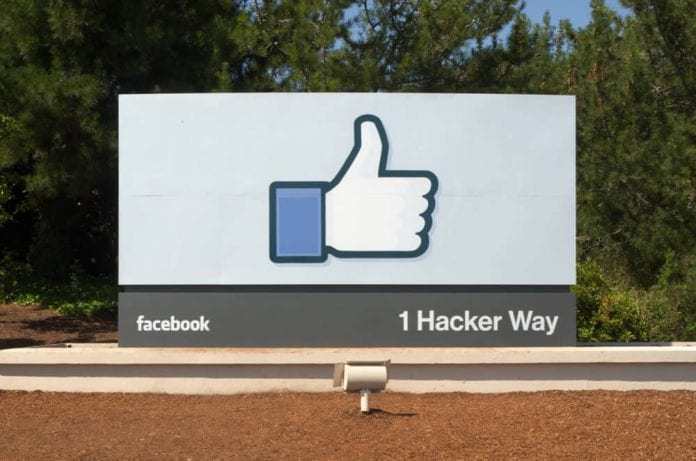Facebook Inc (NASDAQ:FB)’s Brazilian Vice President was arrested after he failed to submit decrypted WhatsApp messages for a drug investigation that the Brazilian federal police was investigating.Diego Dzodan is a Vice President at WhatsApp’s parent company, Facebook.
Dzodan’s arrest shows that most governments are not willing to show the same patience that the FBI is showing with regards to the release of documents that the foreign governments need. The FBI is trying to get Apple release a software that can be used to unlock an iPhone that was used by a terrorist in the US. It’s also alarming to think that if the CEO of WhatsApp’s parent company was in Brazil at the time of the arrest he would have been arrested himself.
Another question which might be frightening to think about is how soon other technological companies and their employees might be targeted by foreign governments. Brazil is notorious for doing as they want with another example of that of the president of the Google Brazil branch, Fabio Jose Silva Coelho, also arrested for failure to remove videos that had been posted to Youtube. The video showed a mayoral candidate being attacked by protesters.
These cases show different ways of tackling the privacy and security issue that comes with the modern day technology that we now possess. It shows the differing views and opinions of people in influential places, governments and security researchers and analysts.
It also shows the understanding of technological companies and how in a way it can be considered confusing. In the Dzodan case, the Brazilian court might have arrested him but fact wise he actually does not work for WhatsApp since the two entities operate independently.
The New York Times reported a longstanding standoff between the US government and WhatsApp. They described sealed litigation over encryption of messages such as the Dzodan case. It’s also not known which branch of the law-making process is going to make a move. Judicial, legislative or executive?
In the US, however, it seems the Congress is about to do something about this. Legislation from the two party’s leading Senators will be introduced this week. The bill that they submitted might just require technological companies like Apple, WhatsApp and Facebook to comply with court ordered decryption and may get civil penalties for failure of compliance.
The bill, however, does not go as far as suggesting criminal penalties. Whether foreign governments will make their own new laws or not or just use their powers remains to be seen.









